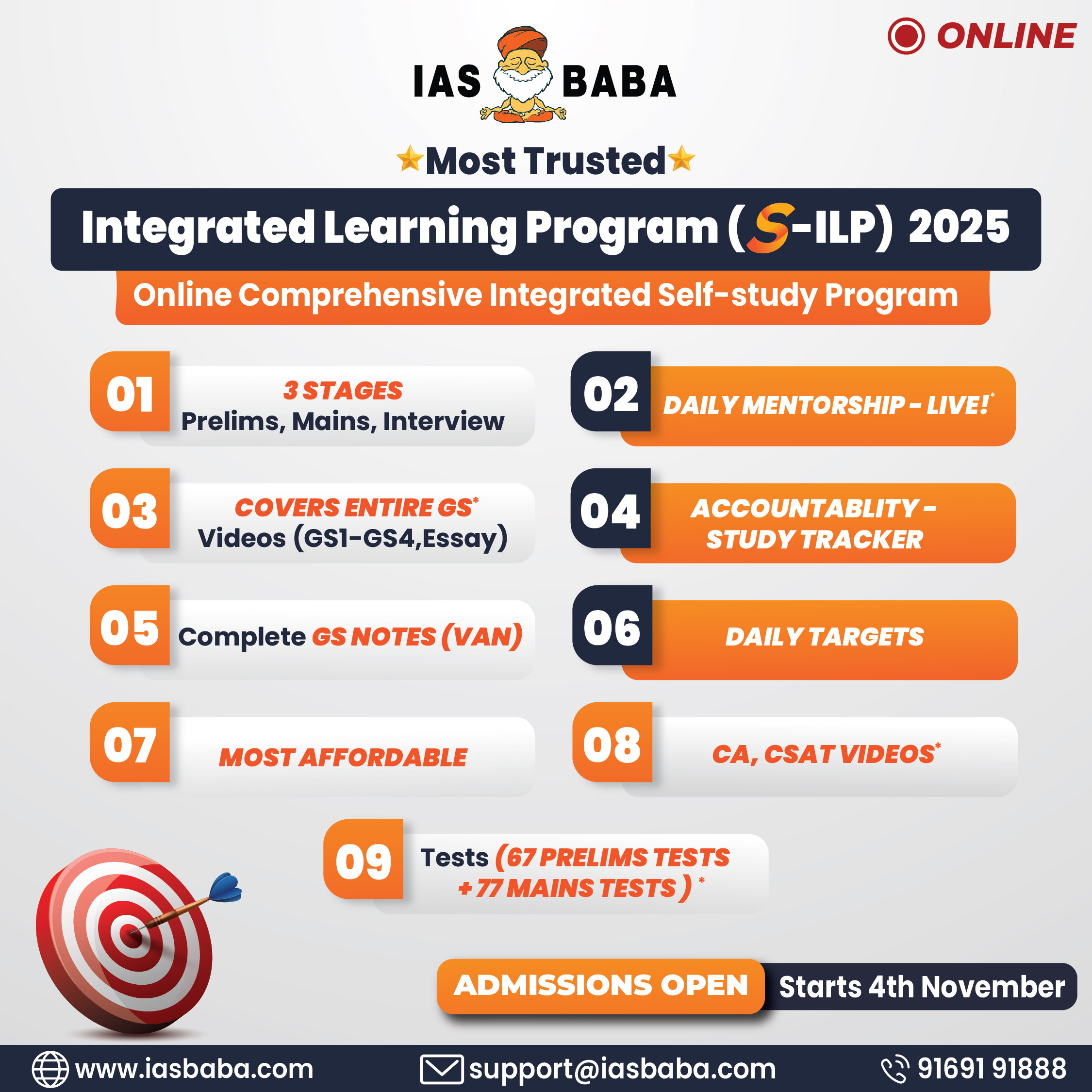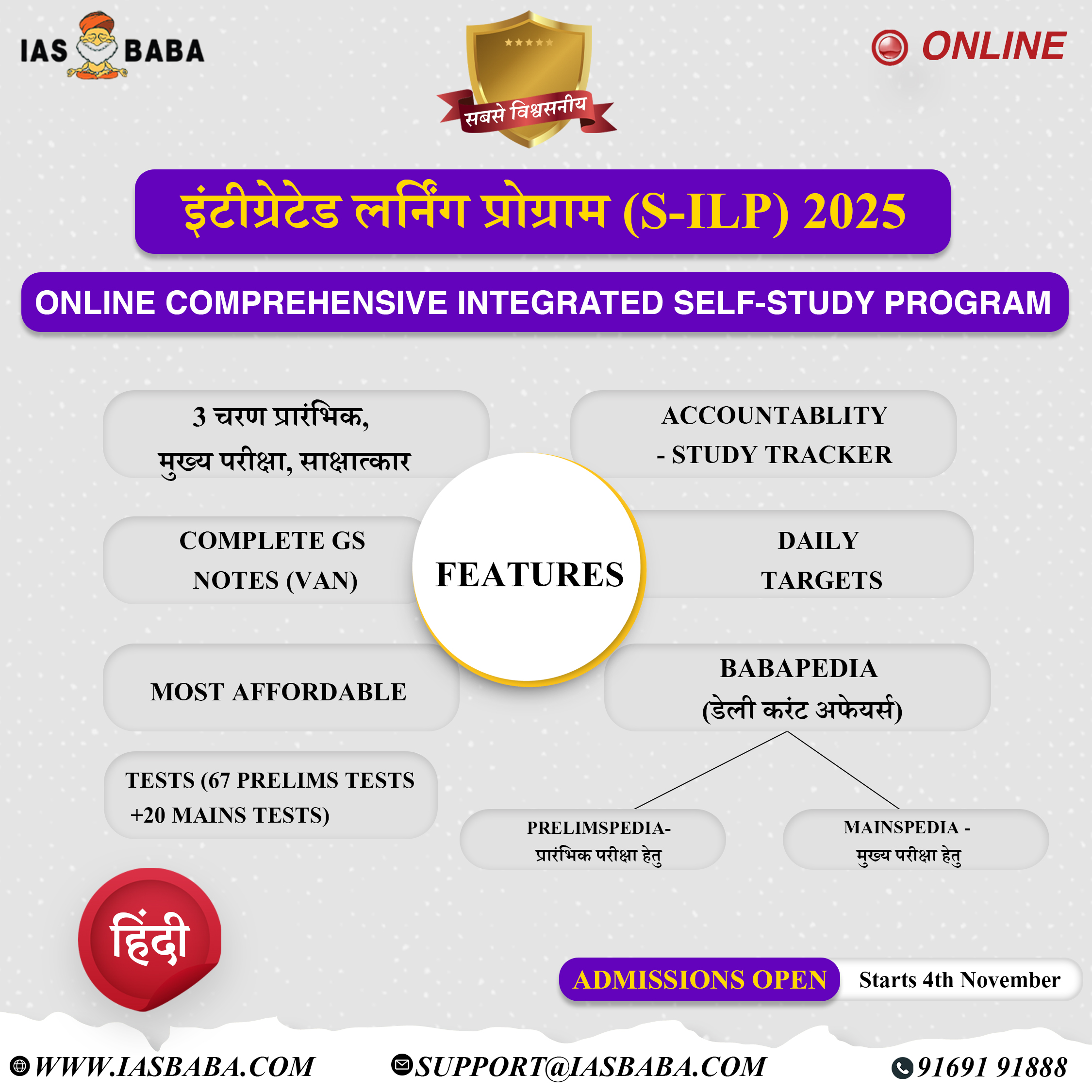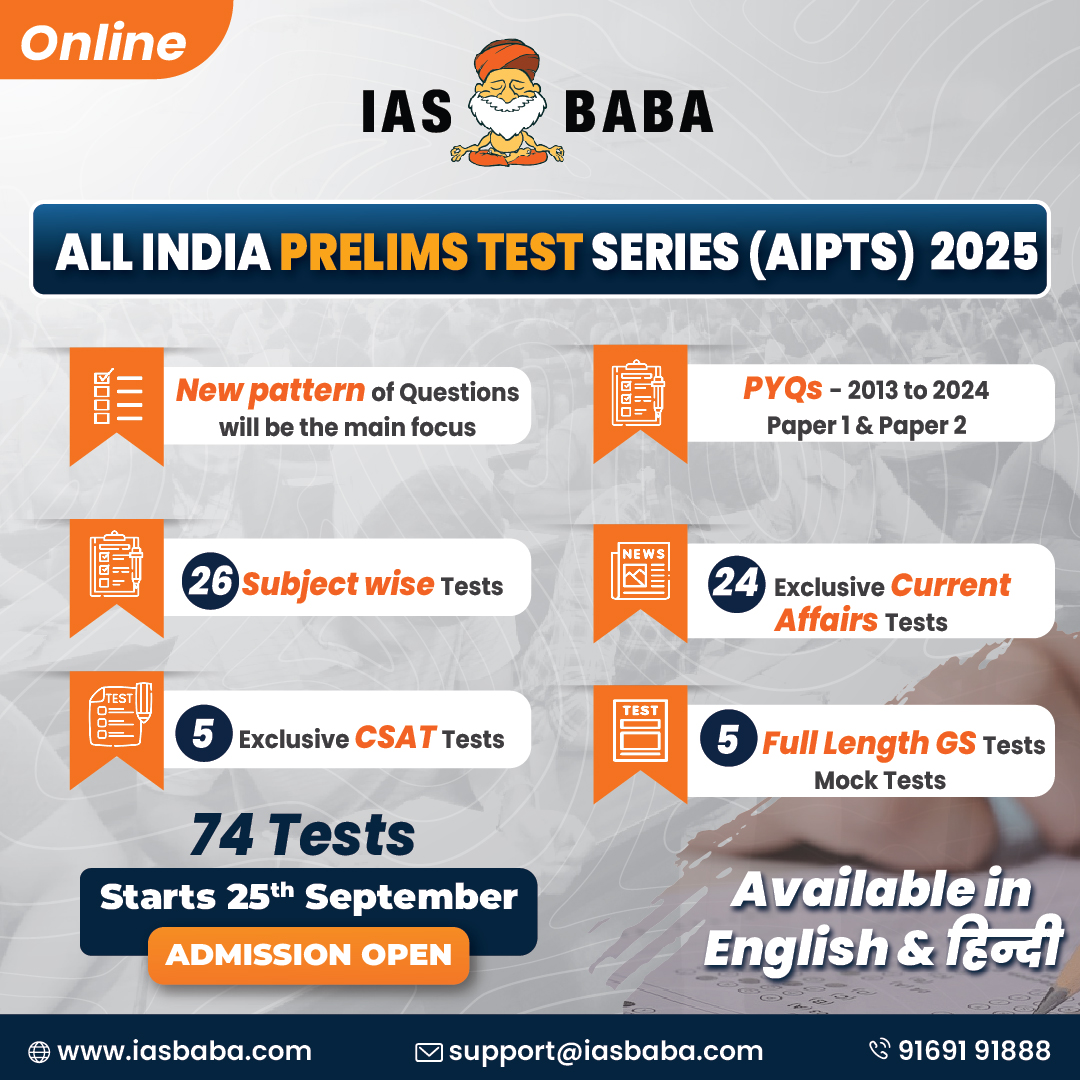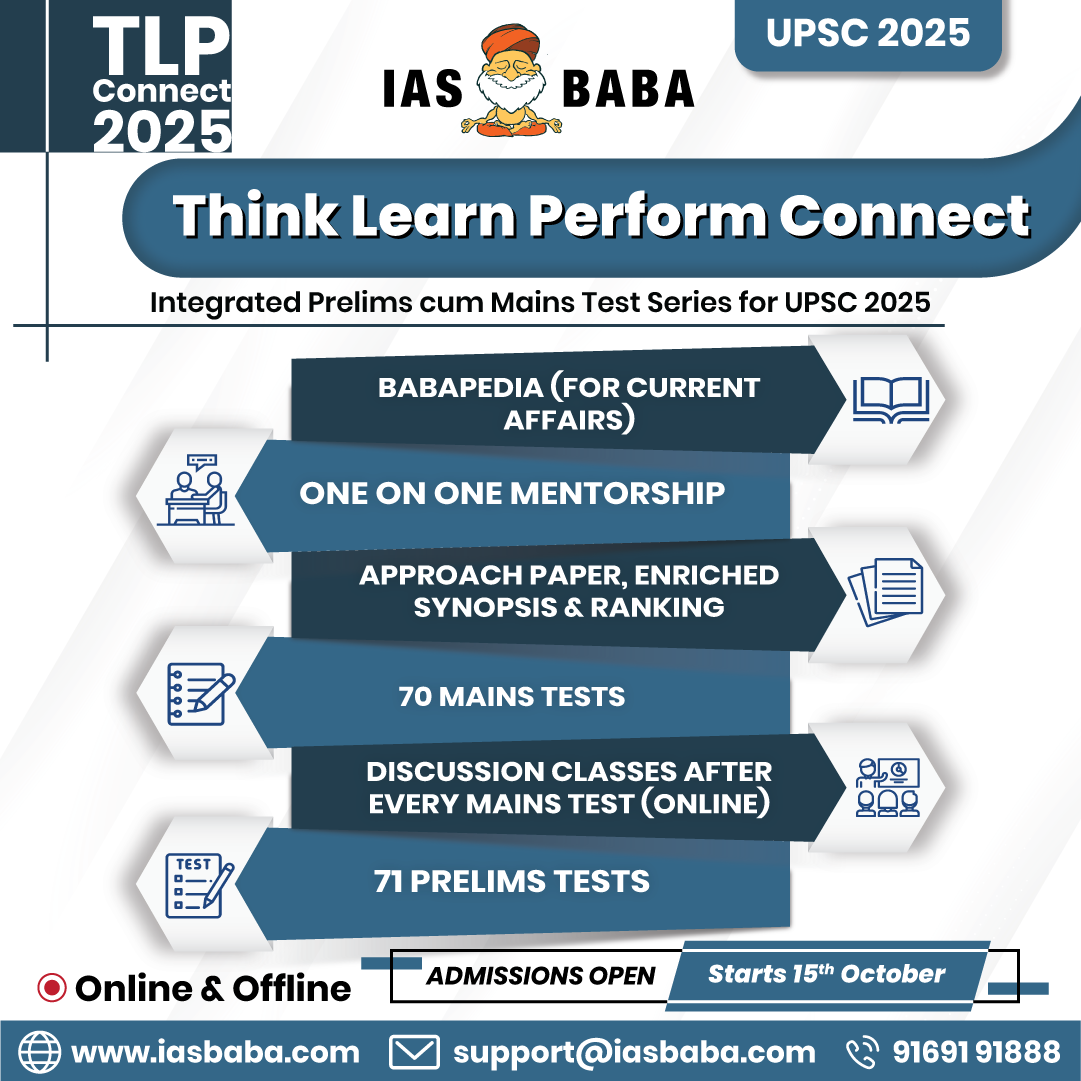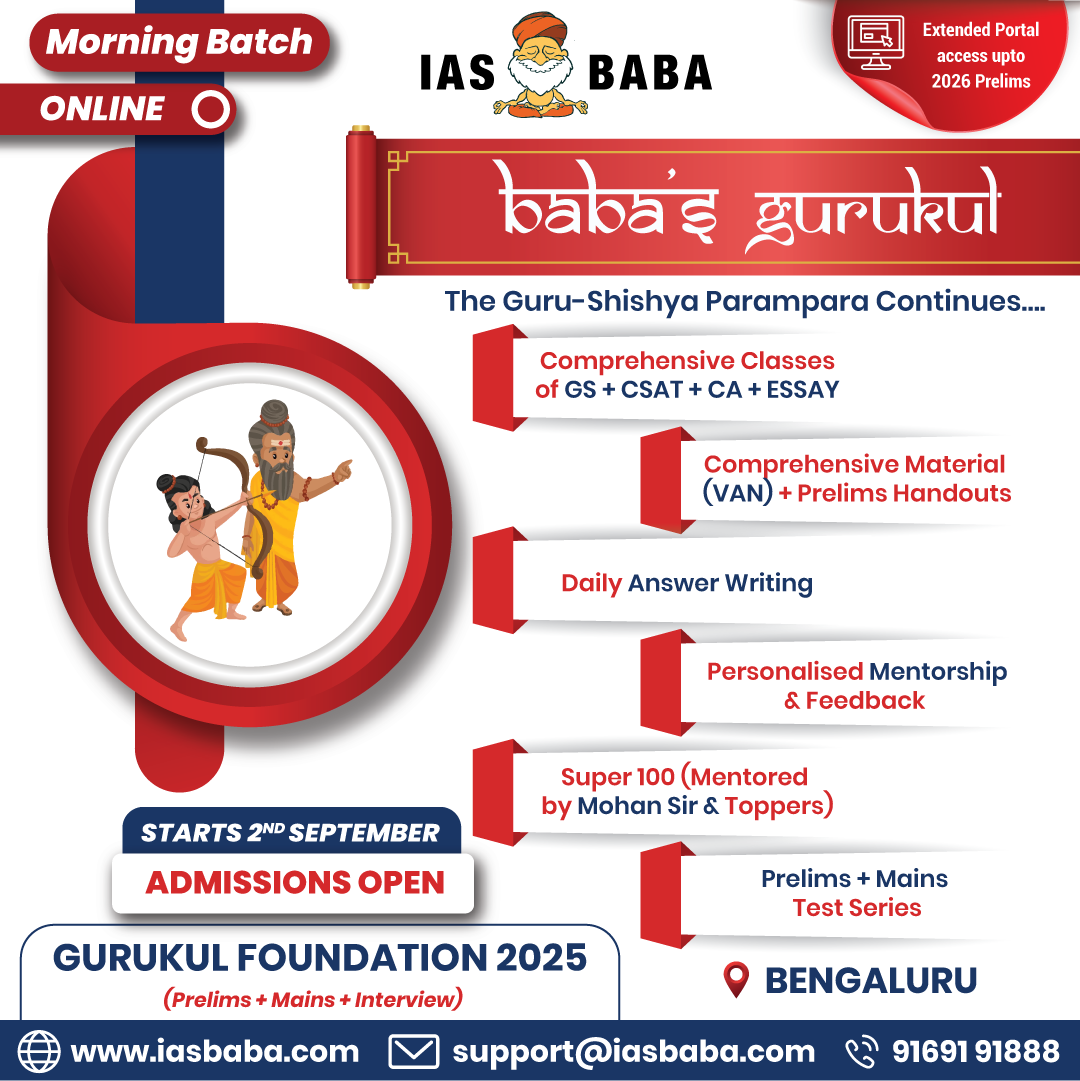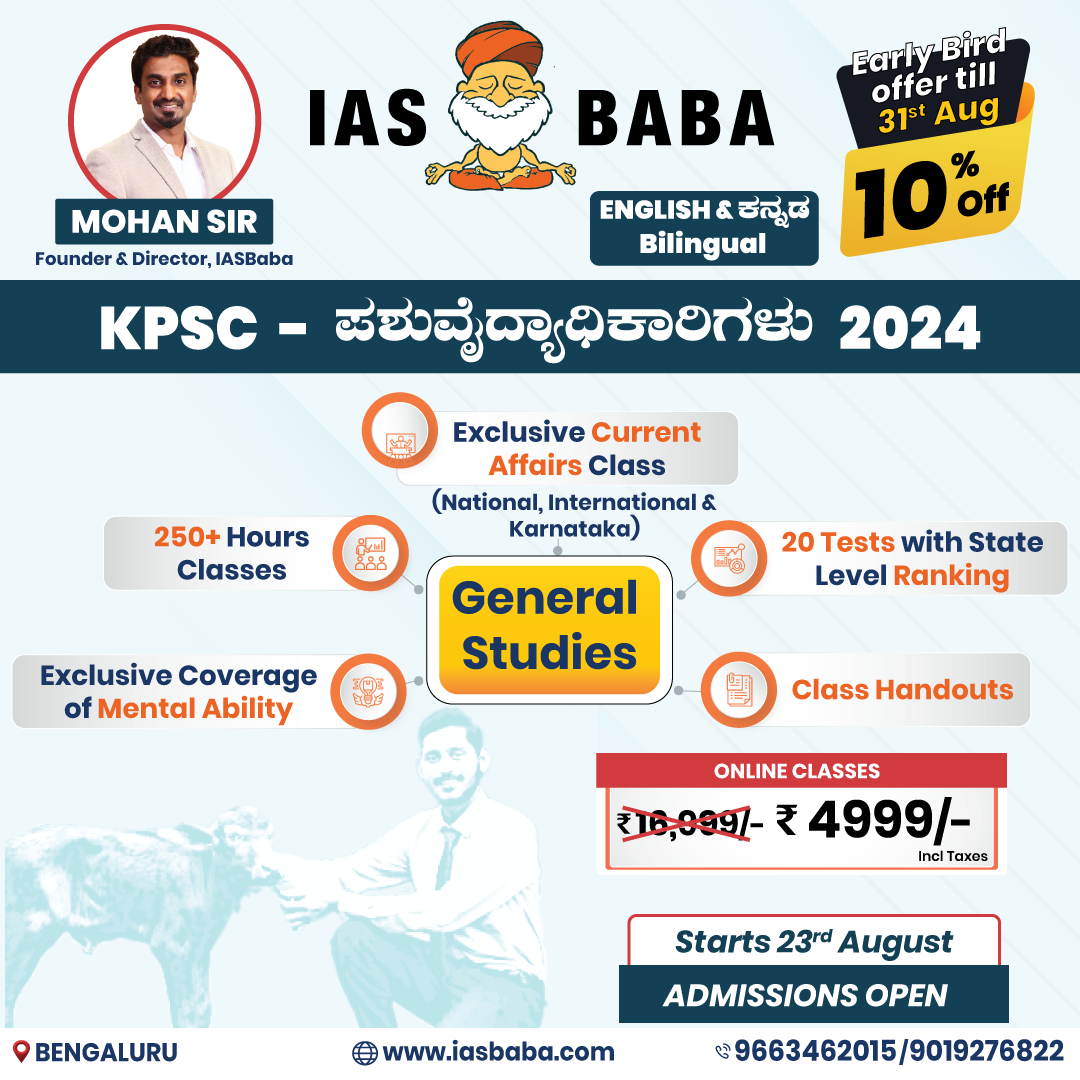IASbaba's Daily Current Affairs May 2016, IASbaba's Daily News Analysis
Shri Nitin Gadkari Launches INFRACON, ePACE and up-Scaled INAM PRO:
Syllabus – Infrastructure (GS3)
The schemes are aimed at making the road building procedure faster, more transparent and more efficient, to make maximum use of the innovations relevant to their areas of operation and to build a strong system of performance audit and accountability.
- ePACE(Projects Appraisal & Continuing Enhancements) is an online integrated Management Information System that brings projects from all wings of the Ministry under a common platform, ensuring their effective and real time tracking.More than 2000 projects being executed by multiple agencies are currently listed on the portal and it is possible to get any information about their real time status, fund utilization etc.
- INFRACONis the National Portal for Infrastructure Consultancy Firms and Key Personnel. This portal acts as a kind of bridge between consultancy firms working in the road engineering and construction sector and domain experts and key personnel who are deployed both for project preparation and supervision.
- The portal hosts the credentials of consultancy firms and key personnel and has linkages to Aadhar and Digi-locker for data validation and purity.
- INAM PROhas been developed as a web-based application (inampro.nic.in) for Infrastructure and Material Providers. It is a kind of a web based market place that brings together the material providers and the prospective buyers on a common platform. The platform was launched in March 2015 to facilitate contractors and cement buyers engaged in executing central/state funded roads and highways and bridge construction projects to place cement orders online with the registered cement companies offering cement at competitive rates in the vicinity of project execution locations.
National Conference on ‘Gaushalas’ Inaugurated
Topic – Technology missions
The conference dealt with fodder for animals and scientific management of cows post reproductive phase
- How to increase the milk productivity of Indian cows;
- Making provision for feed, fodder and ancillary requirements for Indian cows
- Management of cows in the post-productive phase.
Some statistics mentioned in the conference:
- There are 19 crore livestock in the country, which is about 14% of the world’s livestock and out of this, 15 crore are indigenous livestock.
- Government has granted funds to establish National Breeding Centres for the promotion and protection of indigenous livestock.
- The annual increase in milk production for 2014-15 & 2015-16 is 9.59%.
- America, Brazil, Australia and other countries are importing Indigenous Indian milch animals to develop heat resistant species.
- Odisha and Karnataka have been granted Rs. 2 crore each for marketing of A – 2 type milk.
- 582.09 crore have been allocated for 35 proposals under the National Gokul Mission.
- States have been granted permission to establish 14 Gokul Grams.
Rehabilitation of Bonded Labourer Scheme – 2016
Topic – Welfare schemes for vulnerable sections of the population
- Rehabilitation of Bonded Labourer Scheme – 2016 to be Made Central Sector Scheme
- Revised Scheme Proposes Increase in Quantum of Financial Assistance
- Annual Budget Raised from Rs.5 Crore to Rs.47 Crore; Cash Assistance from Rs. 20,000 to Rs. One Lakh
- Cash Assistance may extend to Rs Two Lakh in Special Cases and to Rs.Three Lakh in Cases of Extreme Deprivation
- Special features of the new scheme is that it aims to address new forms of bondage such as organised begging rings, forced prostitution and child labour for which females, disabled and transgender are mercilessly used by the powerful elements.
- The responsibility to disburse funds will lie with DM
- Bonded Labour System is a social evil which though has declined over a period, however still exists in India despite constitutional provisions for its total eradication.
- The BLS (A) Act, 1976 for the last 40 years has not been able to eradicate Bonded Labour System completely. Even the Rehabilitation Scheme of 1978 have been able to free 2.82 lakh Bonded Labourers in 18 States across 172 districts in the country during the past 38 years.
- There is no correct estimation of the extent of bondage which has also transformed its form under the compulsions of transitional economy.
Joint issue between Department of Posts and United Nations Postal Administration
A Memorandum of Understanding (MoU) has been signed between Department of Posts and United Nations Postal Administration (UNPA)
- In this Joint issue, the stamps were printed in the form of sheetlet of 20 se-tenants and Miniature Sheet of two stamps on the occasion of International Women’s Day.
- UN Women HeForShe campaign is a solidarity movement for gender equality that brings together one half of humanity in support of the other half of humanity for the benefit of all in social terms.
- This Joint issue is dedicated for the empowerment of women around the world. This would promote great cause of gender equality which the Indian government has been championing in the recent times.
Improved voluntary retirement scheme package for employees of Hindustan Vegetable Oils Corporation
Topic – Welfare schemes for vulnerable sections of the population
- Hindustan Vegetable Oils Corporation (HVOC) is a Central Public Sector Enterprise (CPSE) under the Department of Food and Public Distribution
- It comes under Ministry of Consumer Affairs, Food and Public Distribution.
- The employees of HVOC have been adversely impacted due to sickness of the company.
- The improved VRS package will give fair amounts of compensation to the employees and help them in their post retirement rehabilitation.
‘Government has taken pollution seriously, remains committed to reduce pollution’:
Topic – Environment Pollution and conservation
Following are the proposed measures:
- The minister proposed the establishment of a new Pollution Research Institute to look into all pollution-related aspects.
- Call for more widespread participation of State Pollution Control Boards and suggested that such Conferences should be held every six months, both at the central and regional level.
- Emphass on establishing a compliance regime and penalty for violating the norms.
- All this is necessary for the government to provide ‘Ease of Doing Responsible Business’, but pollution-related challenges will have to be addressed.
- Conferences that addresses Development without destruction, sustainable development; discussion on air pollution, industrial pollution, sand mining, pollution of rivers and waste management is a good development, as it increases awareness in the society.
Topic – Economy and issues relating to planning mobilisation of resources, growth, development and employment
Objective of the committee:
- To review the working of the FRBM Act over last 12 years and to suggest the way forward, keeping in view the broad objective of fiscal consolidation and prudence and the changes required in the context of the uncertainty and volatility in the global economy;
- To look into various aspects, factors, considerations going into determining the FRBM targets
- To examine the need and feasibility of having a ‘fiscal deficit range’ as the target in place of the existing fixed numbers(percentage of GDP) as fiscal deficit target; if so, the specific recommendations of the Committee thereon; and
- To examine the need and feasibility of aligning the fiscal expansion or contraction with credit contraction or expansion respectively in the economy.
WCD Minister Smt Maneka Gandhi releases Draft National Policy for Women, 2016 for consultation
Topic – Welfare schemes for vulnerable sections of the population
PRIORITY AREAS
- Health including food security and nutrition: Focus on recognizing women’s reproductive rights, shift of family planning focus also to males, addressing health issues in a life cycle continuum such as psychological and general well-being, health care challenges related to nutrition/ hygiene of adolescents, geriatric health care, expansion of health insurance schemes and addressing the intergenerational cycle of under-nutrition
- Education:Improve access to pre-primary education, enrolment and retention of adolescent girls, implement innovative transportation models for better schooling outcomes, advocate gender champions and address disparities with regard to ICTs.
- Economy:Raising visibility, engendering macro-economic policies and trade agreements, generate gender-disaggregated land ownership database, skill development and training for women, entrepreneurial development, review of labour laws and policies, equal employment opportunities with appropriate benefits related to maternity and child care services, address technological needs of women.
- Governance and Decision Making: Increasing women’s participation in the political arena, administration, civil services and corporate boardrooms,
- Violence Against Women: Address all forms of violence against women through a life cycle approach, Legislations affecting /relating to women will be reviewed/harmonized to enhance effectiveness, Improve Child Sex Ratio (CSR), strict implementation of advisories, guidelines, Standard Operating Procedures (SoPs) and protocols, prevention of trafficking at source, transit and destination areas for effective monitoring of the networks.
- Enabling Environment: Gender perspective in housing and infrastructure, ensuring safe drinking water and sanitation, gender parity in the mass media & sports, concerted efforts towards strengthening social security and support services for all women especially the vulnerable, marginalized, migrant and single women.
- Environment and Climate Change:addressing gender concerns during distress migration and displacement in times of natural calamities due to climate change and environmental degradation. Promotion of environmental friendly, renewable, non–conventional energy, green energy sources for women in rural households.
- The policy also describes emerging issues such as making cyber spaces safe place for women
- Redistribution of gender roles
- For reducing unpaid care work
- Review of personal and customary laws in accordance with the Constitutional provisions
- Review of criminalization of marital rape within the framework women’s human rights etc. relevant in the developmental paradigms.
Indigenously developed fecal incontinence management system ‘Qora’ launched
Topic – Health
- Aim : To train the next generation of medical technology innovators in India to develop innovative and affordable medical devices to augment unmet clinical needs of India
- Fecal incontinence (FI) is a medical condition marked by inability to control one’s bowel movements, causing stool (feces) to leak unexpectedly from the rectum.
- It affects nearly 100 million bed ridden patients worldwide. Furthermore, about 50% of the psychiatric ward patients have FI due to long-term neurological diseases.
- Absorbent pads and fecal drainage catheters are the only available solutions for this condition a need for a better solution was felt by the team.
- This Program is implemented at AIIMS and IIT, Delhi in collaboration with International partners such as Stanford University, USA, Queensland University of Technology, Australia and Tottori University and Japan.
Topic – Health
- Aim : To provide technical support at the National and State level for strengthening the delivery of nutrition goals, especially during pre-conception, pregnancy and first two years of life.
The four priorityareas of work as part of this MoC would include:
- Development and deployment of ICT solutions for improving and strengthening
- ICDS Service Delivery System.
- Support Ministry of Women & Child Development in developing a shared national communications campaignfor maternal and child nutrition among target populations.
- Provision of technical support for the National Nutrition Mission, Restructured ICDS Systems Strengthening and Nutrition
- Improvement Project (ISSNIP) and Restructured ICDS through a Technical Support Unit at thenational and state level for strengthening their capacities to deliver nutrition especially during pre conception, pregnancy and first two years of life.
- Technical support and Knowledge management support to strengthen human resource capabilities atvarious levels in order to deliver effective nutrition interventions.



